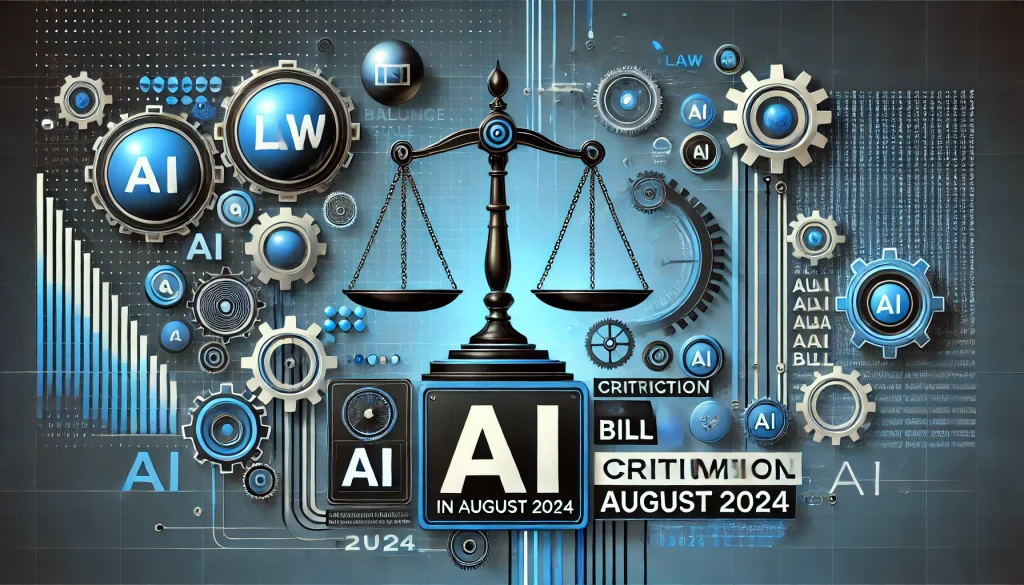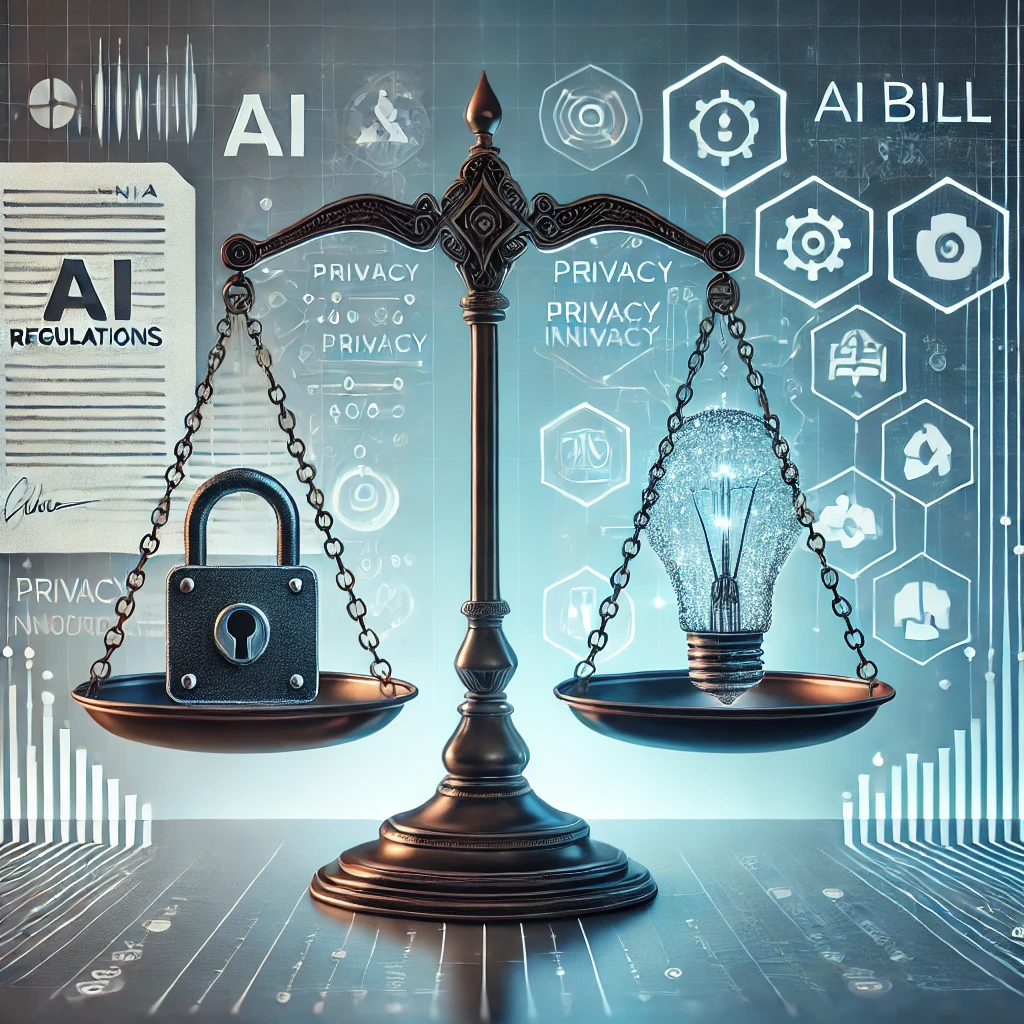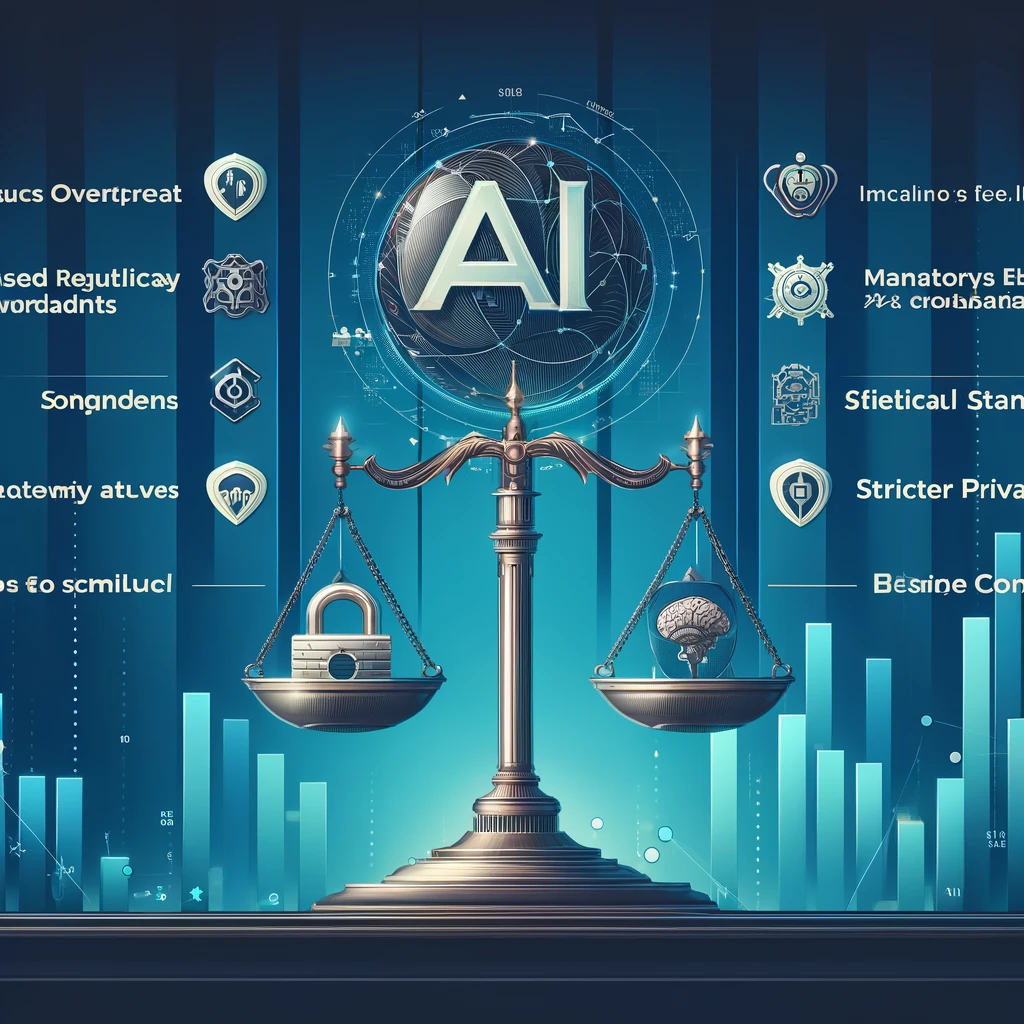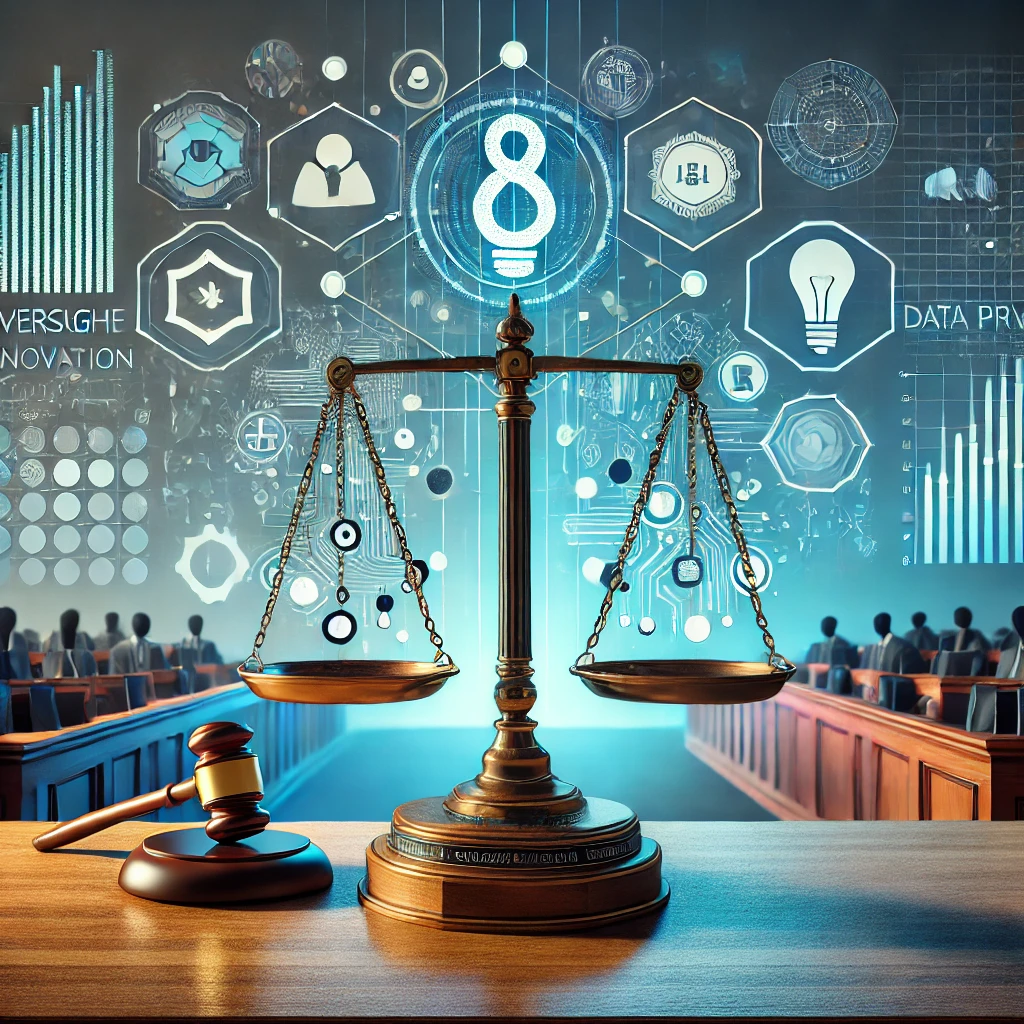
Introduction to Nancy Pelosi AI Bill Criticism
Nancy Pelosi’s criticism of California’s AI bill has ignited a significant debate within both the tech and political spheres. Artificial intelligence is rapidly becoming a critical component of technological advancement, and as such, the regulations that govern it are crucial. However, the recent AI bill proposed in California has faced substantial criticism, particularly from former Speaker of the House, Nancy Pelosi. She has labeled the bill as “ill-informed” and potentially harmful to the state’s tech industry. In this post, we’ll delve into the details of Nancy Pelosi’s AI bill criticism, explore the proposed changes, and examine what the future holds for AI regulation in California, particularly concerning Data Privacy, Cybersecurity, and the implications for Zero Trust Architecture.
What’s New in Nancy Pelosi AI Bill Criticism?
The California AI bill is designed to introduce stricter regulations on the development and deployment of artificial intelligence within the state. While the bill is intended to address privacy concerns, enhance cybersecurity measures, and establish ethical standards, Nancy Pelosi has raised several concerns about its potential impact on innovation and the tech industry at large.
| Aspect | Current Scenario | Proposed Changes |
|---|---|---|
| Regulatory Scope | AI is currently regulated under general technology laws with no specific provisions. | The new bill proposes specific regulations for AI, including development, deployment, and ethical use. |
| Privacy Concerns | Privacy laws are loosely applied to AI, often leaving loopholes. | The bill aims to tighten privacy regulations, making it mandatory for AI systems to comply with stringent Data Privacy standards. |
| Innovation Impact | California remains a global leader in AI development, attracting significant investments. | Critics, including Pelosi, argue that the bill could stifle innovation by imposing burdensome regulations on startups and established firms alike. |
| Ethical Guidelines | Current guidelines are mostly voluntary and industry-driven. | The bill seeks to enforce mandatory ethical standards, potentially limiting creative freedom in AI design. |
Pelosi’s criticism focuses on the idea that the proposed legislation may be overly restrictive, which could hinder the technological progress for which California is renowned. She suggests that while regulation is essential, the approach taken by this bill might have unintended negative consequences, particularly in the realms of Cybersecurity and the implementation of Zero Trust Architecture.

Key Updates You Need to Know
1. Increased Regulatory Oversight
A significant change proposed by the bill is the increase in regulatory oversight for AI technologies. This would mean that AI developers will need to navigate a more complex regulatory landscape, potentially facing additional bureaucratic hurdles. Pelosi’s criticism highlights the risk that these new regulations could slow the pace of innovation, as companies may be discouraged by the increased compliance costs and extended timelines for approval. Additionally, the increased focus on Data Privacy and Cybersecurity could require companies to invest more heavily in Zero Trust Architecture, potentially diverting resources from innovation.
2. Mandatory Ethical Standards
The bill also proposes the enforcement of mandatory ethical standards for AI systems. The goal is to ensure that AI is developed and used in ways that align with societal values and do not cause harm. However, Pelosi argues that the bill’s approach could be too rigid, potentially stifling creativity and innovation. The focus on ethical standards, while crucial, must be balanced with the need to advance AI technologies that can enhance Data Privacy and bolster Cybersecurity. Moreover, these ethical standards must support rather than hinder the adoption of frameworks like Zero Trust Architecture, which are critical in protecting sensitive data in AI systems.

3. Stricter Privacy Regulations
Another key aspect of the bill is the introduction of stricter privacy regulations for AI. The legislation seeks to close existing loopholes and ensure that AI systems adhere to high standards of privacy protection. Pelosi, however, has pointed out that these new regulations could create a challenging environment for AI developers, particularly smaller companies that may struggle to meet these stringent requirements. She warns that this could lead to a concentration of AI development within larger firms, reducing competition and innovation. The emphasis on Data Privacy is undeniably essential, but Pelosi suggests that it should not come at the expense of innovation, particularly when AI can also enhance Cybersecurity through technologies like Zero Trust Architecture.
4. Impact on Startups and Innovation
A major concern raised by Pelosi is the potential impact of the bill on startups and the broader innovation ecosystem in California. The state has long been a hub for tech startups, and the introduction of the AI bill could create barriers to entry for new companies. Pelosi argues that the bill could inadvertently favor established players who can afford the costs of compliance, thereby reducing opportunities for smaller, more agile companies to innovate and thrive. This, she believes, could ultimately harm California’s position as a leader in AI development. The requirement for robust Data Privacy and Cybersecurity measures, including the adoption of Zero Trust Architecture, could place an additional burden on startups, making it harder for them to compete with larger, more established firms.
What’s Next?
The debate over the California AI bill is expected to intensify as various stakeholders weigh in. Pelosi’s criticism has already sparked discussions about the need for a more nuanced approach to AI regulation—one that balances the need for oversight with the importance of fostering innovation. As the bill moves through the legislative process, amendments are likely to be proposed to address some of the concerns raised by Pelosi and others. The outcome of this debate will have significant implications not only for California but also for the broader AI industry, as other states and countries may look to California as a model for AI regulation, especially in terms of Data Privacy and Cybersecurity.
In the coming months, it will be crucial to monitor how the legislative process unfolds and what compromises, if any, are made. Stakeholders from the tech industry, civil society, and the government will need to work together to craft a regulatory framework that ensures AI is developed and deployed in a way that benefits society while also preserving the dynamism and innovation that have made California a global tech leader. This framework must also integrate robust Data Privacy and Cybersecurity measures, such as Zero Trust Architecture, to protect against the increasingly sophisticated threats facing AI systems.

Conclusion
Nancy Pelosi’s criticism of the California AI bill has highlighted crucial issues surrounding the regulation of artificial intelligence. While the bill aims to address key concerns related to Data Privacy, Cybersecurity, and oversight, it has also raised fears about its potential to stifle innovation and harm the state’s tech industry. As the debate continues, it is clear that a balanced approach is needed—one that ensures AI is developed responsibly while also allowing the industry to flourish. The future of AI regulation in California will depend on finding this balance, and the outcome will likely have far-reaching consequences for the tech industry as a whole.
Key Points
- Nancy Pelosi has criticized the California AI bill, calling it “ill-informed.”
- The bill proposes increased regulatory oversight, mandatory ethical standards, and stricter privacy regulations.
- Pelosi argues that the bill could stifle innovation and harm startups in California.
- The debate over the bill is expected to continue, with potential amendments likely as it moves through the legislative process.
- The outcome of this debate will have significant implications for the AI industry in California and beyond, particularly in the areas of Data Privacy and Cybersecurity.
References
- Cummings, A. (2024, August 17). Nancy Pelosi criticizes California AI bill as “ill-informed.” TechCrunch. https://techcrunch.com/2024/08/17/nancy-pelosi-criticizes-california-ai-bill-as-ill-informed/
- Smith, J. (2024, August 20). California’s AI regulation: What you need to know. The Verge. https://www.theverge.com/2024/08/20/california-ai-regulation-2024/
- Johnson, R. (2024, August 19). Pelosi’s pushback on AI bill raises questions about innovation. Wired. https://www.wired.com/story/pelosi-ai-bill-criticism-innovation/
- Davis, L. (2024, August 21). The future of AI regulation in California. Forbes. https://www.forbes.com/sites/california-ai-regulation-future/
- Pelosi slams AI bill as a threat to innovation. (2024, August 18). [YouTube Video]. https://www.youtube.com/watch?v=example
